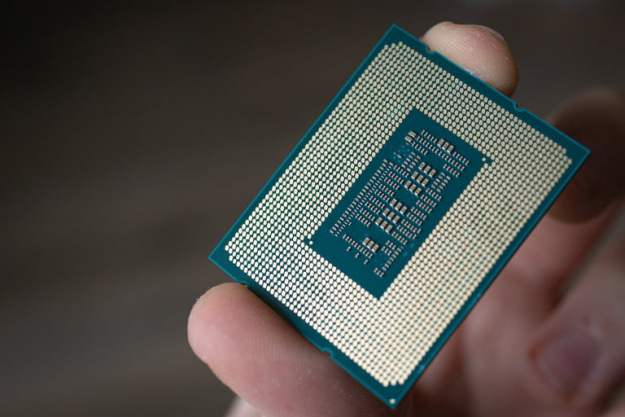
Let’s take a step back. Devices we use in our everyday lives are getting smarter with every passing day — just ask Alexa or Siri. These are just two systems built on complex algorithms that analyze vast amounts of data in the blink of an eye in order to answer your questions or start up that Holiday Pop playlist on Spotify. These are relatively simple tasks, but requesting that a computer system perform them autonomously requires immense computational power.
The kind of algorithms necessary to perform those simple tasks are very complicated, as they need to analyze natural language and compare that input to an immense array of data in order to figure out what you’re asking for. However, these smart, “artificial intelligence” algorithms pale in comparison to the algorithms researchers use to model the fundamental workings of an atom or molecule.
Researchers use algorithms to determine the behavior of electrons in various complex materials, and even today predicting the behavior of electrons is only possible for very simple atoms. These algorithms were built to estimate the energy and electron density of particular atoms, using a mathematical theory which scales from single atoms to complex materials. According to Ars Technica, a team of Russian-U.S. researchers set about putting those models to the test.
When the researchers started comparing various algorithms used to model the density and energy of atoms, they discovered that the systems were getting better and better at estimating the energy of a particular atom, but as they progressed, they became worse at estimating the electron density of that same atom.
According to Ars Technica’s science editor, this is a function of the algorithms’ ability to model electrons based on empirical evidence — plugging in real-world values instead of estimated values seems to have a negative effect on the accuracy of these computer models.
The solution? Well, that depends on your area of research. If you need accurate electron density you might want to use an algorithm based on functions with “little or no empiricism” but if you need accurate energy calculations, you’d be better off using a “highly empirical” algorithm.
It’s a fascinating discovery and an important reminder that our most complex and powerful computer systems still have trouble modeling the most fundamental structures of the universe.
Editors' Recommendations
- Malware has a terrible new way to get to your computer
- Why the GPU shortage problem is still getting worse, not better
- Tesla Model S, Model X could get major interior and powertrain updates in 2020
- Virtual universe machine models galaxies to learn about dark matter
- Facebook’s ‘brain-computer interface’ could let you type with your mind


